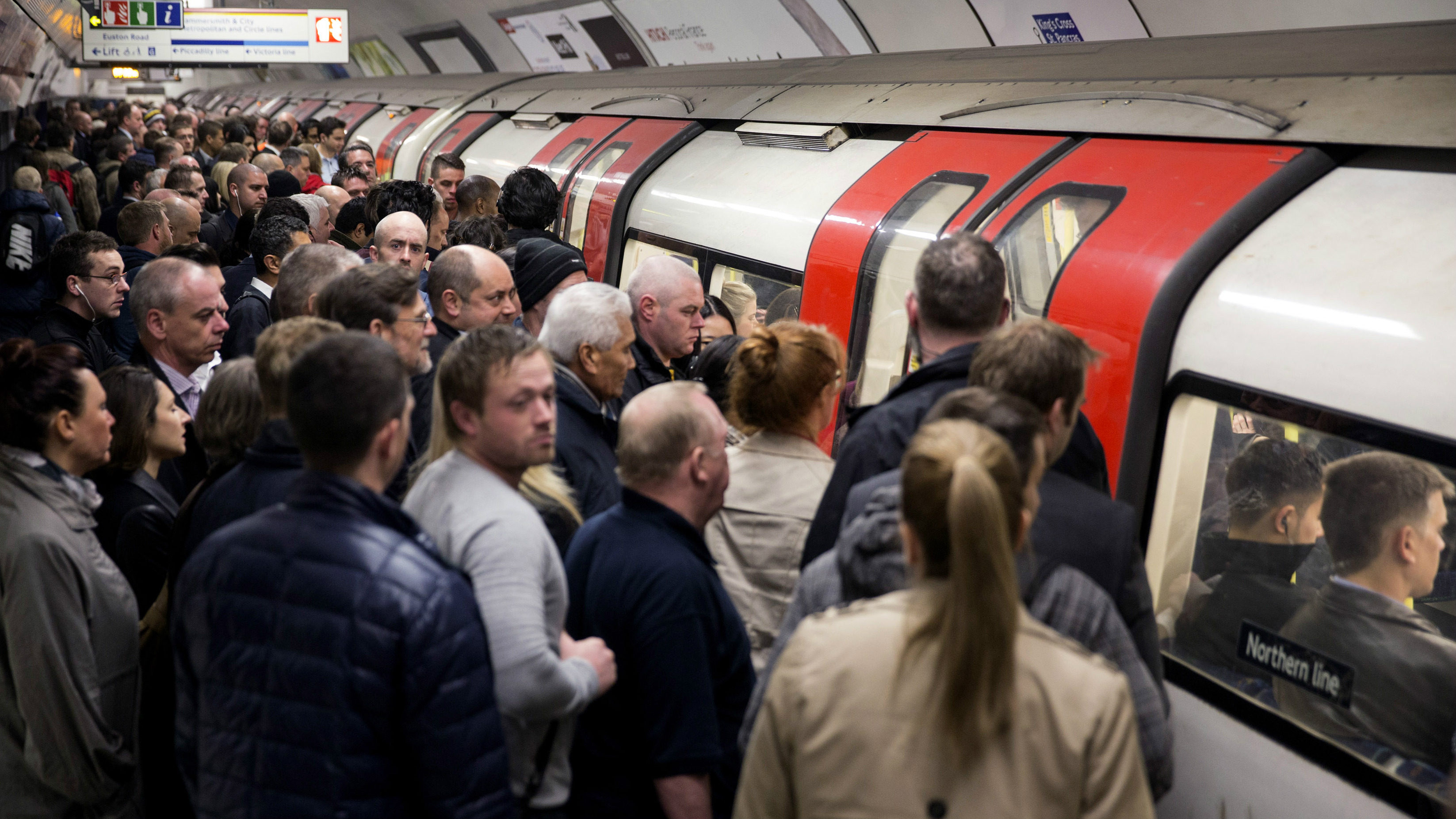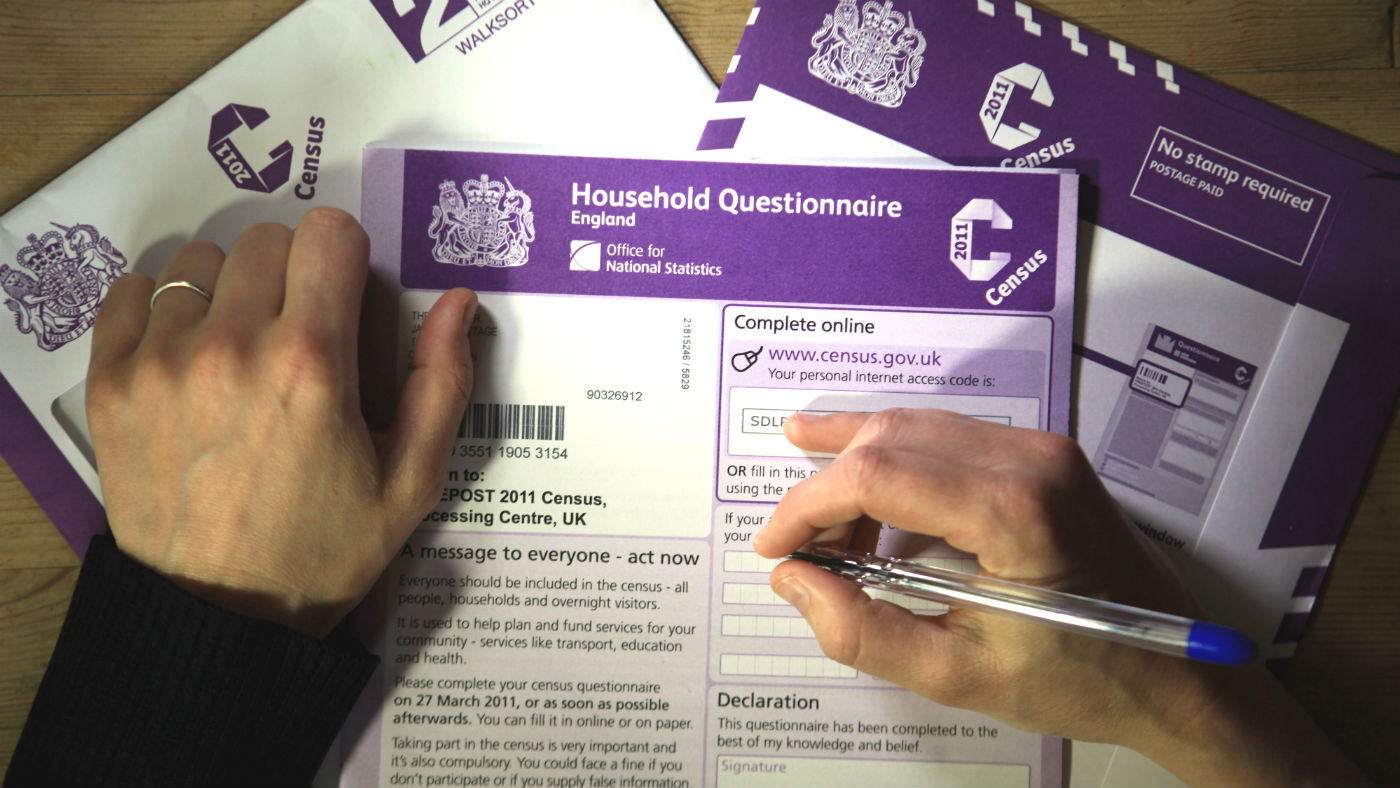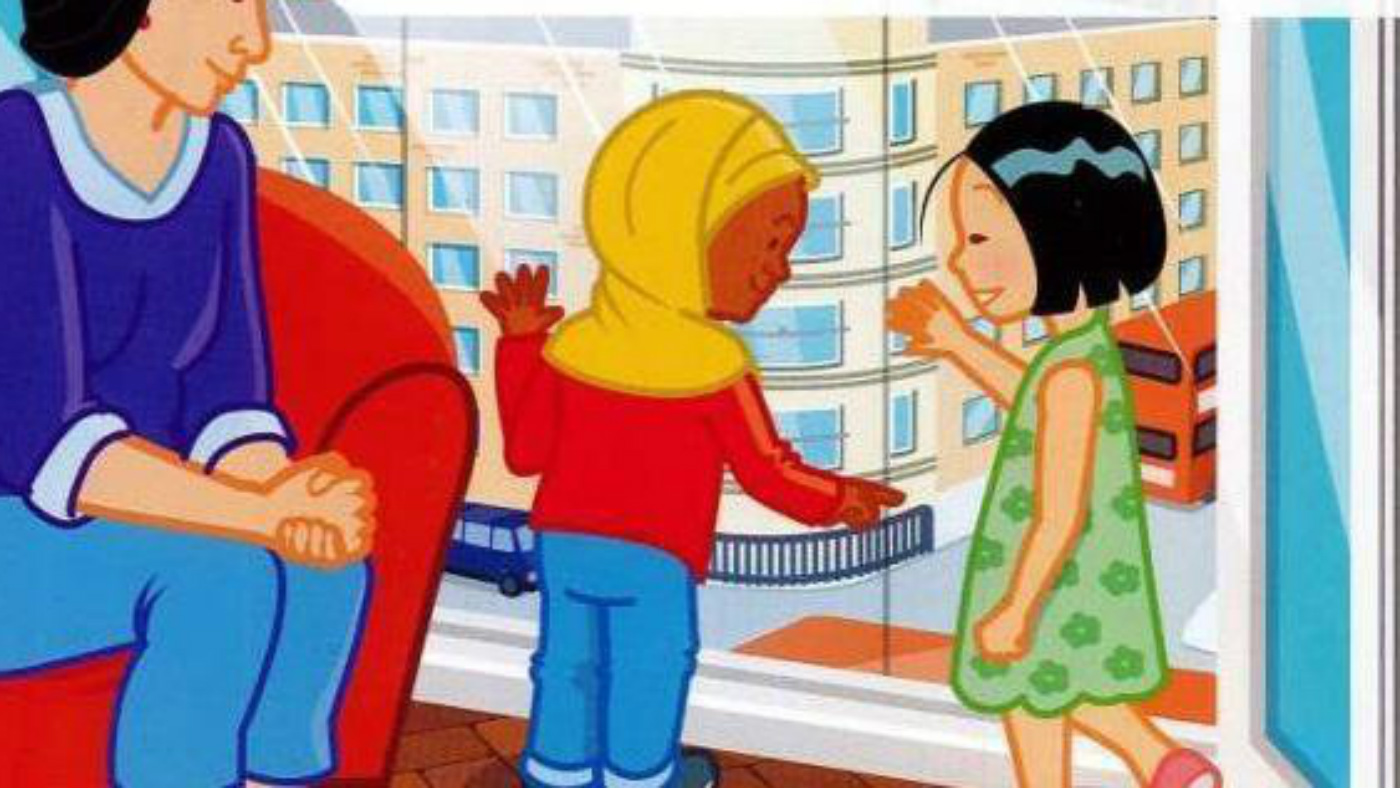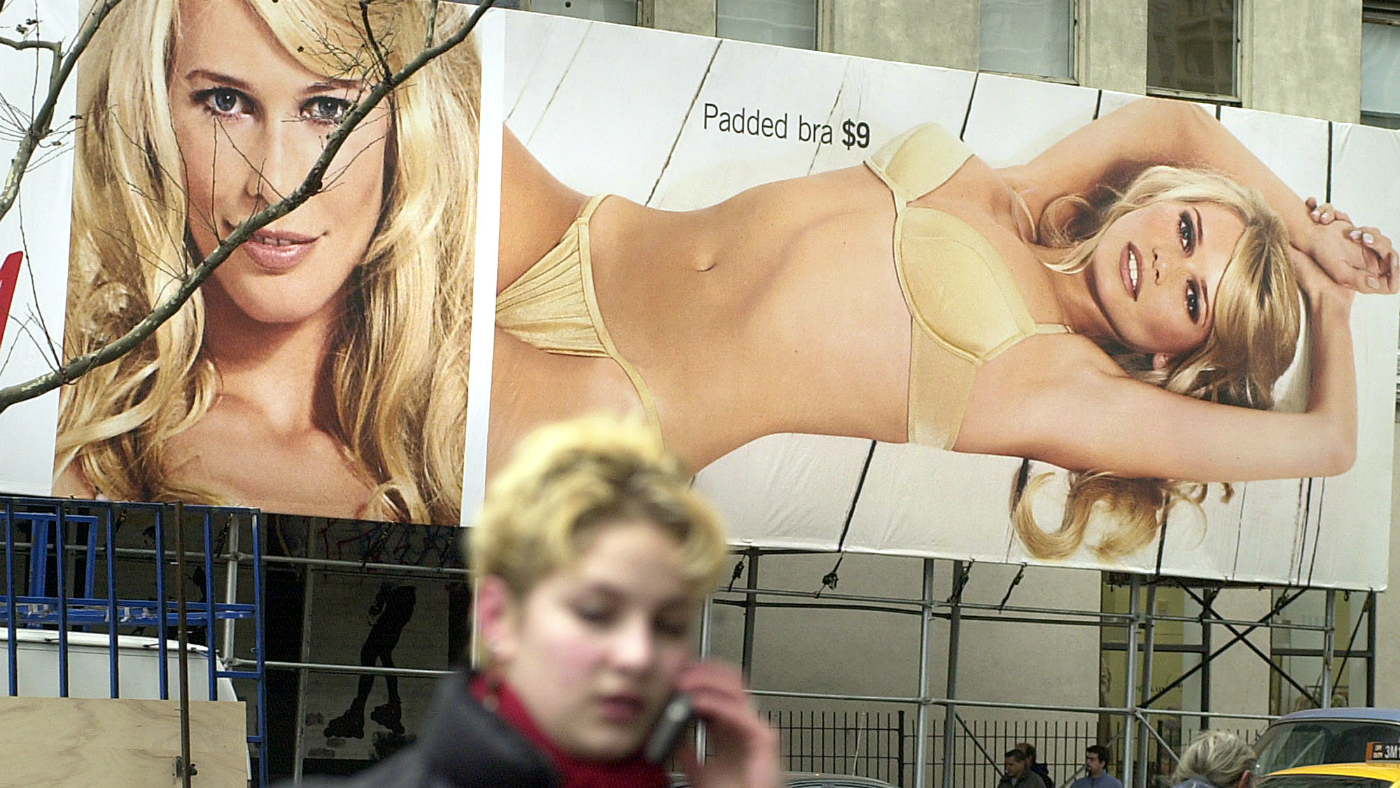Tube staff told not to say 'ladies and gentlemen'
TfL employees must stick to 'inclusive' gender-neutral language

A free daily email with the biggest news stories of the day – and the best features from TheWeek.com
You are now subscribed
Your newsletter sign-up was successful
Transport for London services will no longer use the expression "ladies and gentlemen", which LGBTQ campaigners say is a gendered phrase that "belongs to yesterday".
Station staff have been told to avoid the phrase when making tannoy announcements, in favour of gender-neutral expressions such as "good morning, everyone", the Evening Standard reports.
Recorded announcements using the phrase will be phased out and replaced as part of the revamp, which TfL’s customer strategy head Mark Evers said would encourage "everyone to feel welcome on our transport network".
The Week
Escape your echo chamber. Get the facts behind the news, plus analysis from multiple perspectives.

Sign up for The Week's Free Newsletters
From our morning news briefing to a weekly Good News Newsletter, get the best of The Week delivered directly to your inbox.
From our morning news briefing to a weekly Good News Newsletter, get the best of The Week delivered directly to your inbox.
Mayor of London Sadiq Khan first floated the change of terminology last year, following an incident in which a transgender woman trying to use the Oyster card helpline was quizzed on her identity and told she didn't "sound like a 'Miss'" by a TfL phone operator.
Khan apologised for the employee's "inappropriate" comment and told London Assembly members that TfL was working with trans groups on ideas to improve their service, including "implementing gender-neutral announcements across its network".
Advocacy groups welcomed TfL's announcement, including Mermaids, which offers support to young transgender and non-binary people and their families.
"Language is extremely important to the lesbian, gay, bi and trans community, and the way we use it can help ensure all people feel included," a spokesman for LGBTQ charity Stonewall said.
A free daily email with the biggest news stories of the day – and the best features from TheWeek.com
"We welcome gender neutral announcements to be rolled out across TfL, as it will ensure that everyone – no matter who they identify as - feels accounted for."
The existence of non-traditional gender identities is "increasingly recognised and respected within society", Bernard Reed, a trustee of the Gender Identity Research and Education Society, told the Standard.
"People have a broad spectrum of gender identities, which could be as a man or as a woman (binary) or in between those identities (non-binary) or as non-gender," he said.
In March, Cardiff Metropolitan University issued students and staff a list of 34 words and phrases to avoid on campus, including "mankind", "forefathers" and "right-hand man".
-
 Local elections 2026: where are they and who is expected to win?
Local elections 2026: where are they and who is expected to win?The Explainer Labour is braced for heavy losses and U-turn on postponing some council elections hasn’t helped the party’s prospects
-
 6 of the world’s most accessible destinations
6 of the world’s most accessible destinationsThe Week Recommends Experience all of Berlin, Singapore and Sydney
-
 How the FCC’s ‘equal time’ rule works
How the FCC’s ‘equal time’ rule worksIn the Spotlight The law is at the heart of the Colbert-CBS conflict
-
 Instant Opinion: this year’s Golden Globes ‘missed the mark’
Instant Opinion: this year’s Golden Globes ‘missed the mark’In Depth Your guide to the best columns and commentary on Tuesday 7 January
-
 Why British couple are hiding their baby’s gender
Why British couple are hiding their baby’s genderSpeed Read Friends and family asked to refer to 17-month-old as ‘they’
-
 How family survived falling on Tube track
How family survived falling on Tube trackSpeed Read Mother, father and child ducked underneath oncoming train in ‘miraculous escape’
-
 Sexism ‘kills 239,000 girls a year in India’
Sexism ‘kills 239,000 girls a year in India’In Depth Study finds female children die at higher rates than males in 29 of India’s 35 states
-
 Sex question to become optional on census
Sex question to become optional on censusSpeed Read Britain to be first country not to require people to officially state their gender
-
 The night tube: A year of chaos and convenience
The night tube: A year of chaos and convenienceIn Depth On the first birthday of the 24-hour Tube, a retrospective look at the good, the bad and the ugly
-
 Road safety campaign dropped after showing young girl in hijab
Road safety campaign dropped after showing young girl in hijabIn Depth Transport for London was accused of 'sexualising' children with a headscarf traditionally worn only after puberty
-
 How advertisers play the mind game
How advertisers play the mind gameIn Depth Adverts surround us, but to what extend do they distort our view of ourselves and the world?